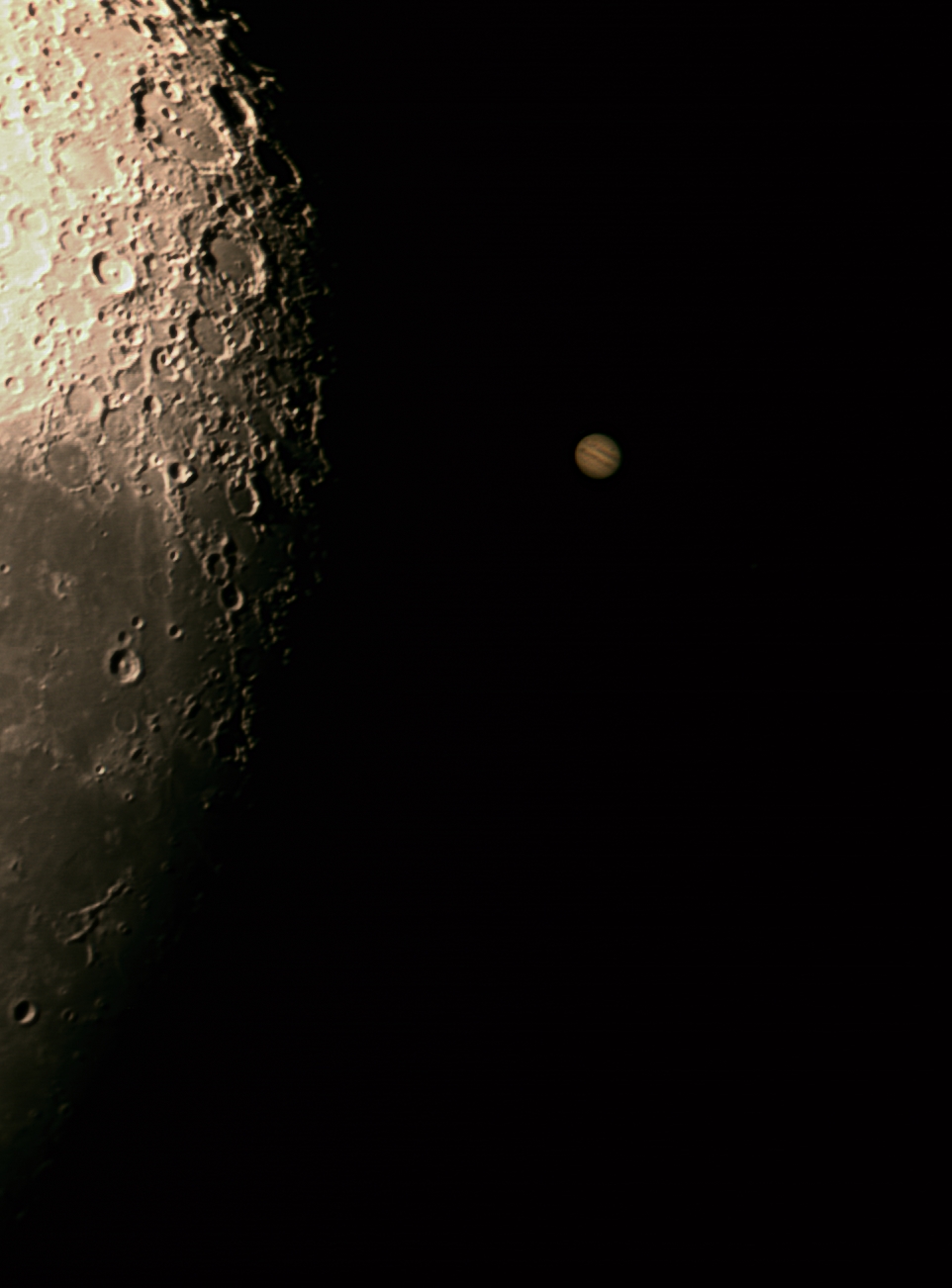Light pollution over Europae in google earth ^^


full en google earth donwload
http://www.avex-asso.org/dossiers/wordp ... ge_id=2754
White : 0–15 visible stars (without planets) according to the conditions. Very high level of light pollution and all around. Typical of big urban centre and big regional and national cities.
Magenta : 25–80 visible stars. Principles constellations began to be recognizable.
Red : 80–150 stars : constellations and others stars appears. In a telescope, Some Messier object began to be observable.
Orange : 150–250 stars in good conditions. The light pollution is present all around but some darks areas appears. Typicaly the middle suburbs.
Yellow : 250–500 stars. Strong light pollution but the Milky Way can appear in good conditions. Some Messiers among the most bright can be visible with the necked eye.
Green : 500–1000 stars : far peacefull suburbs, Milky Way many times visible but very sensitive to the atmospheric conditions. Typicaly, the glare of light pollution take a large place in the sky and reach at 40–50° of elevation.
Cyan : 1000–1500 stars. The Milky Way is visible most of the time in fonction of climatic conditions but without contrast.
Blue : 1500–2000 stars. Good sky. The Milky Way is easily visible, we began to have the sensation of a good sky, but, some source of light pollution damage the sky and in a second time the sky by reflexion at the vertical of the observer.
Night blue : 2000–3000 stars. Very good sky. The Milky Way is present and powerfull. The light glares are far away and scaterred, they don’t affect the sky quality.
Black : more than 3000 stars. No light pollution problems revealable on the sky quality







